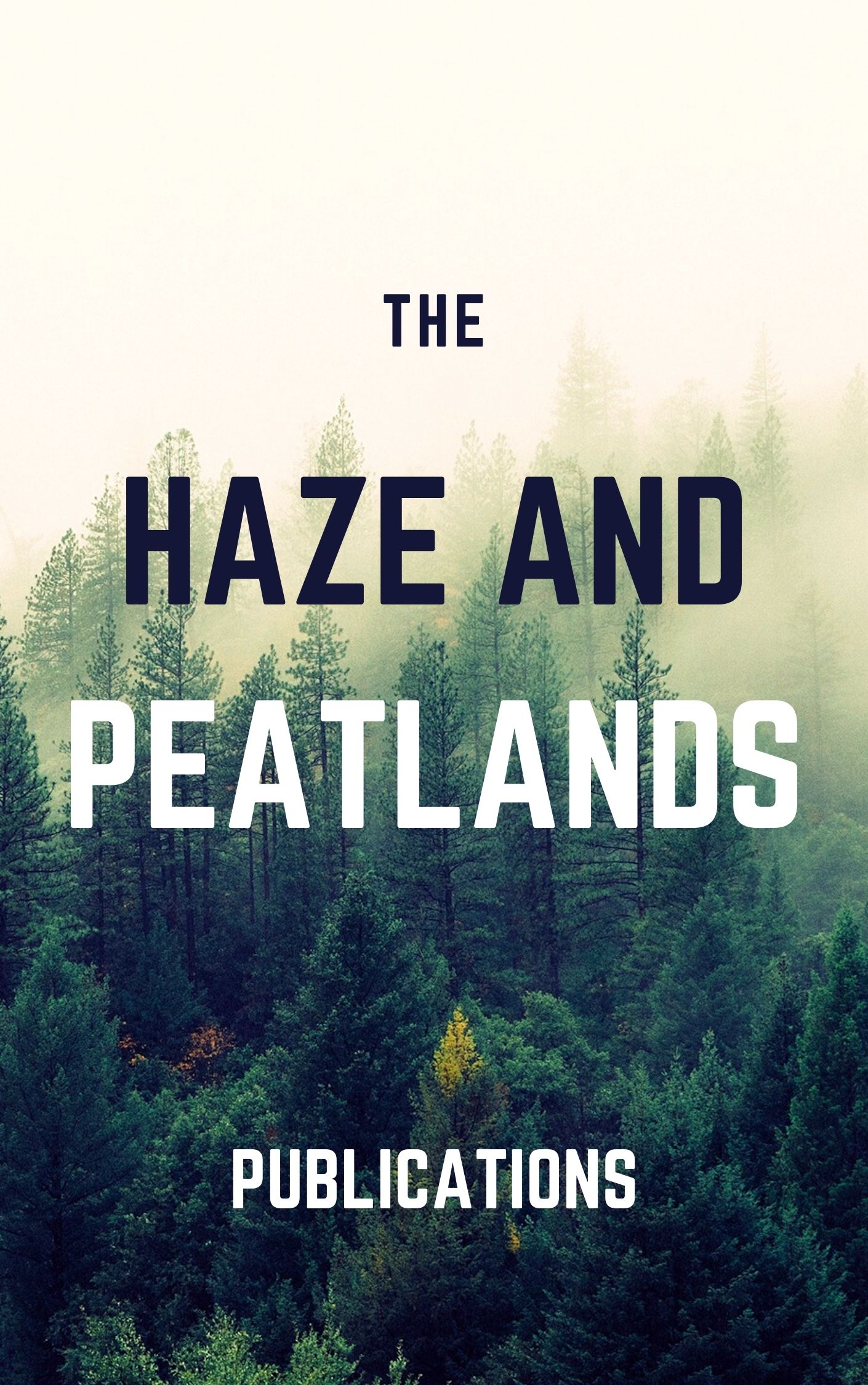Ecosystem restoration is increasingly employed as a nature-based solution to a range of crises. Decisions over restoration must balance limited resources, land constraints, and competing demands. Peatlands in Southeast Asia have been heavily impacted by agricultural expansion over the past three decades, with Indonesia now accounting for a substantial proportion of degraded tropical peatlands globally. Using spatial linear programming, we focus on prioritizing peatland restoration sites in Indonesia for fire risk reduction, climate change mitigation, species conservation, and cost-effectiveness. The study finds that restoring peatlands at 1 km2 planning units can generate multiple co-benefits such as reduced fire risks by 6%-37%, attenuated extinction risks of peatland specialist bird species and mitigated climate change potential of 0.002-0.36 Pg CO2e yr-1. These benefits were reduced but still of comparable magnitude when larger areas of planning (defined by village and catchment boundaries) were used. The results, although indicative, support tropical peatland restoration as a cost-efficient strategy for mitigating climate change, reducing fire, conserving biodiversity, and supporting sustainable development that can be offset by carbon prices of USD 2-37/Mg CO2e.
View source

